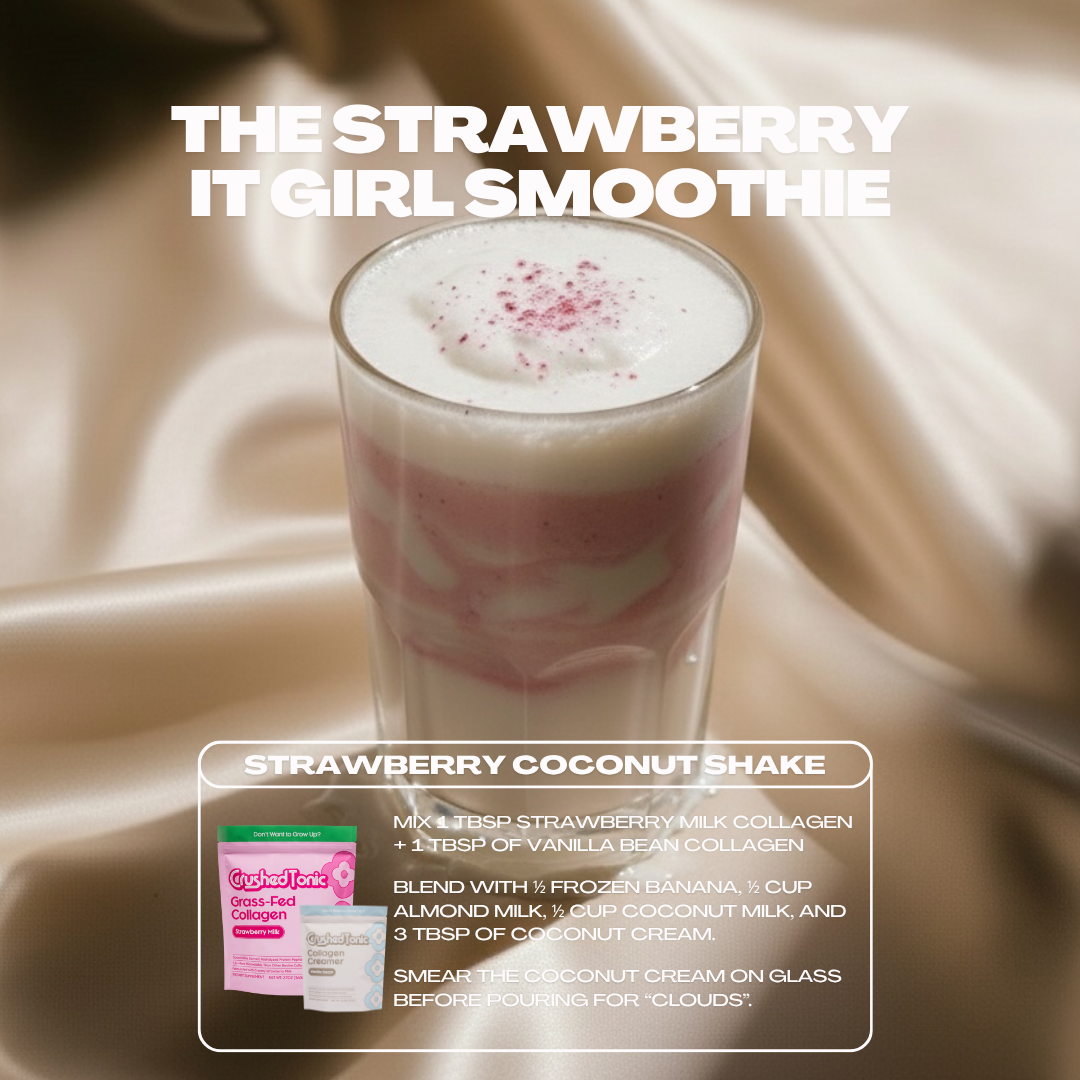











Protein powder has become an increasingly popular supplement for people looking to boost their protein intake. But what exactly happens to the powder once it enters your body? Understanding how protein powder is digested and absorbed can help you make more informed decisions about the type of protein powder you choose. Let’s take a look at what happens when you ingest protein powder.
1. The Digestion Process
Protein powders are made up of amino acids, which are the building blocks of proteins. When ingested, these amino acids go through a process called hydrolysis in which they are broken down by enzymes into smaller molecules known as peptides and free amino acids. This process takes place in the stomach and small intestine, allowing them to be easily absorbed into your bloodstream.
Once they’ve been broken down, the peptides and free amino acids travel through the small intestine where they are then absorbed into the bloodstream via capillaries. The body then sends these molecules to cells throughout your body where they are used for various essential functions such as repairing tissues and producing hormones.
What Kind of Protein Is Best?
When choosing a protein powder, it’s important to consider the source of the protein and its digestibility rate. Whey protein is one of the most popular forms of protein on the market today due to its high digestibility rate—meaning that it is easy for your body to break down and absorb—and its ability to promote muscle growth and recovery after exercise. Other sources such as soy or pea proteins may not be as easily absorbed but can still provide beneficial nutrients if taken in moderation.
Taking all this information into account, understanding what happens when you ingest protein powder can help you make better decisions about what kind of protein is best for you based on your goals or dietary needs. Whey proteins tend to have higher bioavailability rates than other types of proteins but there are also many plant-based alternatives available that provide similar benefits in terms of nutrient absorption and muscle recovery after exercise. No matter which type of protein powder you choose, understanding how it will be digested by your body is key so that you can get maximum benefit from it with minimal side effects.
Your cart is currently empty.